Almonds are widely recognized for their numerous health benefits and high nutritional value. They are known to be a great source of healthy fats, protein, fiber, vitamins, minerals, and antioxidants. While many people enjoy almonds as a snack in their raw form, roasted almonds have also gained popularity. In this article, we will compare roasted almonds to raw almonds, exploring the differences in taste, texture, nutritional profile, health benefits, and potential drawbacks. Taste and Texture: Roasted almonds are known for their enhanced nutty and rich flavor. The roasting process intensifies the natural sweetness of almonds, giving them a slightly crunchy and savory taste. On the other hand, raw almonds have a milder flavor compared to their roasted counterparts. They are chewy and have a more natural, nutty taste. Nutritional Profile: Both roasted and raw almonds offer a wide range of essential nutrients, but the roasting process can have some impact on their nutritional composition. Raw almonds are considered to be nutritionally superior to roasted almonds as they retain their natural nutrients better.

nut
 Roasted almonds, however, still maintain much of their nutritional value despite slight losses during the roasting process. Raw almonds are a great source of healthy fats, including monounsaturated and polyunsaturated fats, which promote heart health. They are also high in protein, dietary fiber, vitamin E, magnesium, calcium, and iron. Additionally, raw almonds contain beneficial antioxidants, such as flavonoids and phenolic compounds, which help protect against oxidative stress and inflammation. While the roasting process does cause some nutrient loss, roasted almonds still retain many of their valuable nutrients. Although the exact nutrient content can vary based on roasting temperature and duration, roasted almonds still provide healthy fats, protein, fiber, vitamins, and minerals. However, some heat-sensitive nutrients like vitamin E may experience minor degradation during roasting. Health Benefits: Both roasted and raw almonds offer a wide range of health benefits. Consuming almonds in either form has been associated with numerous positive health outcomes, including: 1. Heart Health: Almonds are packed with monounsaturated fats, which can help reduce harmful cholesterol levels and lower the risk of heart disease.
Roasted almonds, however, still maintain much of their nutritional value despite slight losses during the roasting process. Raw almonds are a great source of healthy fats, including monounsaturated and polyunsaturated fats, which promote heart health. They are also high in protein, dietary fiber, vitamin E, magnesium, calcium, and iron. Additionally, raw almonds contain beneficial antioxidants, such as flavonoids and phenolic compounds, which help protect against oxidative stress and inflammation. While the roasting process does cause some nutrient loss, roasted almonds still retain many of their valuable nutrients. Although the exact nutrient content can vary based on roasting temperature and duration, roasted almonds still provide healthy fats, protein, fiber, vitamins, and minerals. However, some heat-sensitive nutrients like vitamin E may experience minor degradation during roasting. Health Benefits: Both roasted and raw almonds offer a wide range of health benefits. Consuming almonds in either form has been associated with numerous positive health outcomes, including: 1. Heart Health: Almonds are packed with monounsaturated fats, which can help reduce harmful cholesterol levels and lower the risk of heart disease.
Specifications of nut
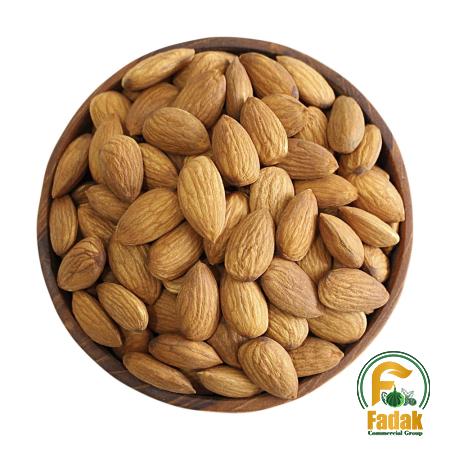 2. Weight Management: Due to their high protein and fiber content, almonds can help promote satiety and aid in weight management by reducing hunger and supporting healthy digestion. 3. Blood Sugar Control: The low glycemic index of almonds makes them a suitable snack for individuals with diabetes. The fiber and healthy fats help regulate blood sugar levels. 4. Brain Health: Almonds are rich in vitamin E and antioxidants, which have been linked to improved cognitive function and reduced risk of neurodegenerative diseases, such as Alzheimer’s. Drawbacks and Considerations: Although almonds in both forms are generally considered healthy, there are a few factors to consider: 1. Caloric Content: Almonds, whether raw or roasted, are calorie-dense. It is essential to consume them in moderation, especially if you’re watching your calorie intake or aiming for weight loss.
2. Weight Management: Due to their high protein and fiber content, almonds can help promote satiety and aid in weight management by reducing hunger and supporting healthy digestion. 3. Blood Sugar Control: The low glycemic index of almonds makes them a suitable snack for individuals with diabetes. The fiber and healthy fats help regulate blood sugar levels. 4. Brain Health: Almonds are rich in vitamin E and antioxidants, which have been linked to improved cognitive function and reduced risk of neurodegenerative diseases, such as Alzheimer’s. Drawbacks and Considerations: Although almonds in both forms are generally considered healthy, there are a few factors to consider: 1. Caloric Content: Almonds, whether raw or roasted, are calorie-dense. It is essential to consume them in moderation, especially if you’re watching your calorie intake or aiming for weight loss.
buy nut
 2. Sodium Content: Roasted almonds often contain additional sodium due to the seasoning or salt used during the roasting process. Individuals with high blood pressure or restricted sodium intake should be mindful of their consumption. 3. Acrylamide Content: The roasting process can lead to the formation of acrylamide, a chemical compound that forms when certain foods are cooked at high temperatures. Acrylamide has been linked to certain health risks, including cancer. However, the levels of acrylamide in roasted almonds are generally considered low and within safe limits. Conclusion: Both roasted and raw almonds offer a range of health benefits and can be enjoyed as part of a healthy diet. While roasted almonds provide a more intense flavor and crunch, raw almonds retain their superior nutritional profile. Ultimately, the choice between roasted and raw almonds comes down to personal preference and dietary needs. Regardless of which form you choose, incorporating almonds into your daily diet can contribute to overall well-being and support various aspects of your health.
2. Sodium Content: Roasted almonds often contain additional sodium due to the seasoning or salt used during the roasting process. Individuals with high blood pressure or restricted sodium intake should be mindful of their consumption. 3. Acrylamide Content: The roasting process can lead to the formation of acrylamide, a chemical compound that forms when certain foods are cooked at high temperatures. Acrylamide has been linked to certain health risks, including cancer. However, the levels of acrylamide in roasted almonds are generally considered low and within safe limits. Conclusion: Both roasted and raw almonds offer a range of health benefits and can be enjoyed as part of a healthy diet. While roasted almonds provide a more intense flavor and crunch, raw almonds retain their superior nutritional profile. Ultimately, the choice between roasted and raw almonds comes down to personal preference and dietary needs. Regardless of which form you choose, incorporating almonds into your daily diet can contribute to overall well-being and support various aspects of your health.
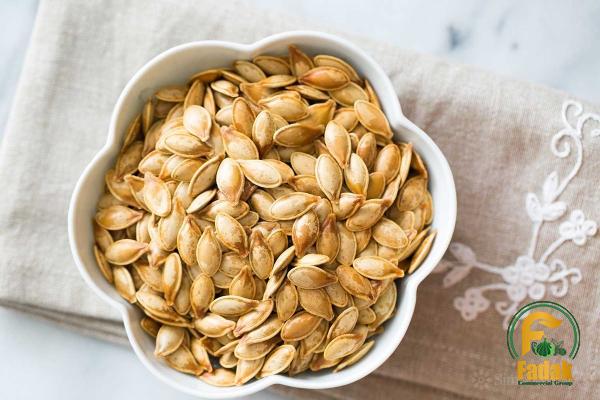

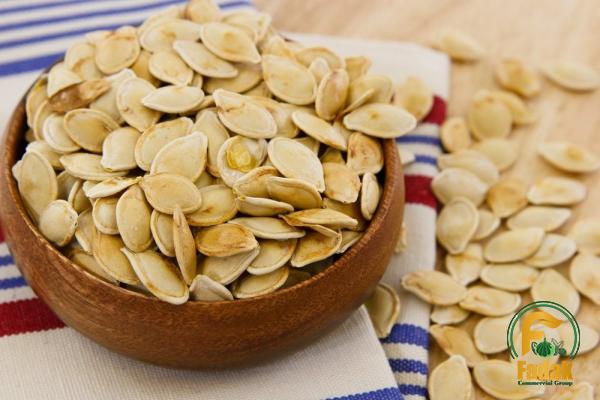
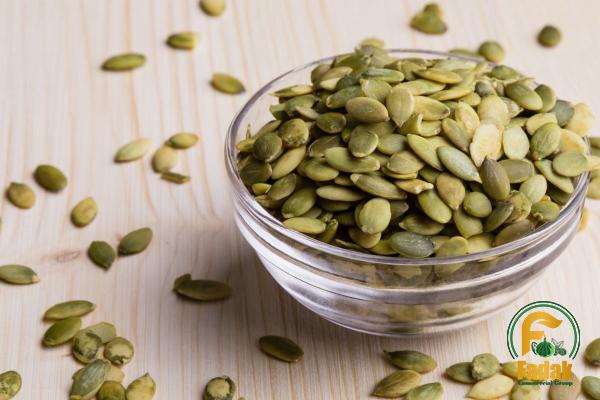
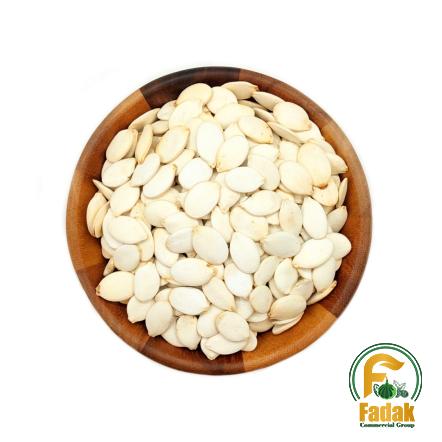
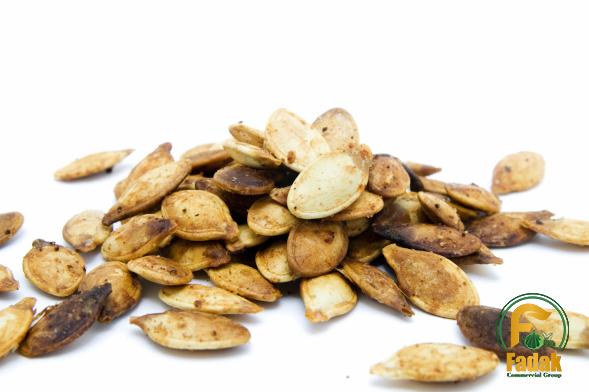

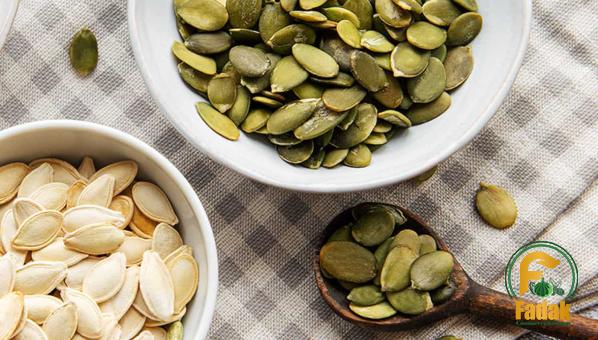
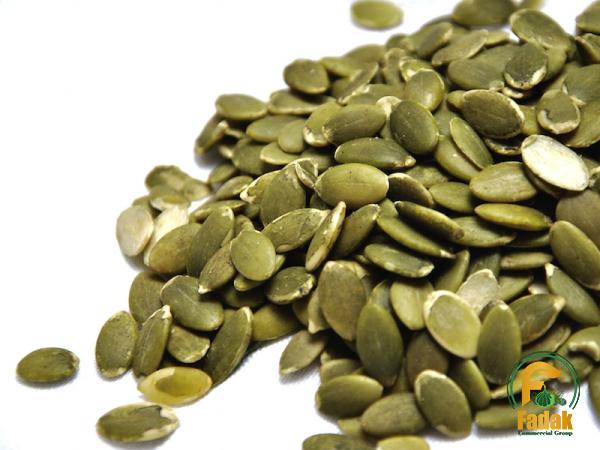

Your comment submitted.